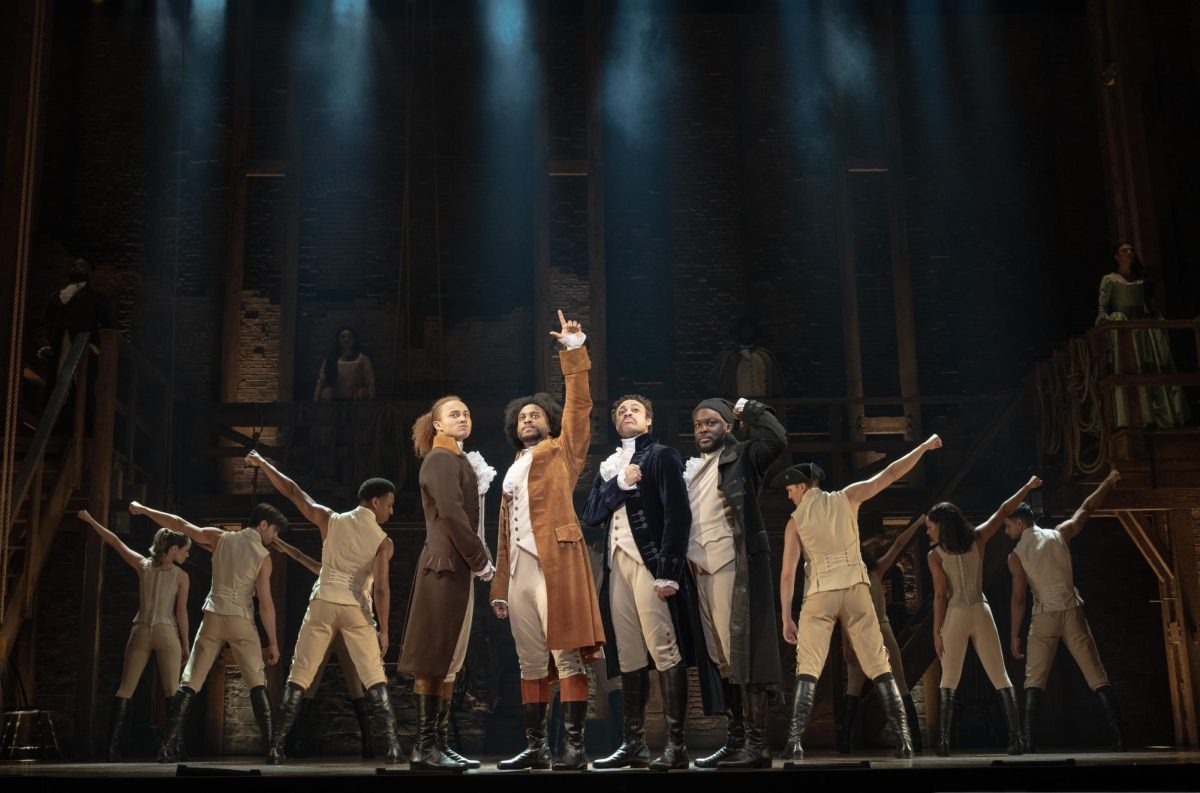Asking a stranger for a bite of their food seems like an obvious social taboo, but for some students, it’s just another class assignment.
“Your comfort zone will be shattered,” reads the Gameplan for Winning at Life syllabus.
When lecturer Daron Roberts set out to craft the curriculum for undergraduate studies course Gameplan for Winning at Life, he said he wanted to create assignments that teach students valuable and memorable life lessons.
“I asked myself, ‘Daron, what do you wish you had learned as an undergrad at UT?’” Roberts said. “I really wish I had learned more of what people call ‘soft skills,’ but in reality, are really hard. Things like vulnerability, empathy, decision making and gratitude.”
Roberts’ course assigns students challenges to break out of their comfort zones and experience feelings such as trusting a stranger.
Putting this into practice is the blindfold challenge. Students are randomly assigned partners and while one is blindfolded, the other must lead them from the Martin Luther King Jr. statue to the Barbara Jordan statue on campus, about a 10-minute walk.
This challenge is one of the most memorable for students, including Josh Cortinas, an advertising junior who took Roberts’ class in 2017.
“This assignment was crazy because you were walking across the campus, and you had to put your faith in someone that you had just met,” Cortinas said.
Other challenges in Roberts’ class force students to face rejection head-on. Students record each other carrying out tasks that generally lead to a feeling of rejection, such as asking a stranger for a bite of food or for five dollars.
“We watch (the recordings), and we talk about how it felt,” Roberts said. “We talk about ways we can reframe the experience of rejection as an opportunity to get more data.”
Roberts said he draws from his own personal experiences with rejection to construct assignments and determine what he wants for students to ultimately get out of them.
“I was wait-listed for four years from Harvard Law School. I had 31 of 32 NFL teams turn me down when I asked for an internship,” Roberts said. “So I’m really interested in how people can push through rejection.”
Roberts aims to create personal and vulnerable connections that students can utilize long after they complete the course.
Corporate communications junior Sarah Whittle took Roberts’ class last semester and said his emphasis on building a meaningful relationship with his students has a lasting impression.
“(Roberts) would be like, ‘You can come to me a year from now or after you’ve already graduated,’” Whittle said. “He’s very big on mentorship, and he’s very much a big resource at UT.”
While Roberts offers mentorship to students inside and outside the classroom, he said his main goal for the course is for students to grow as individuals.
“In a very basic sense, I want my students to leave Gameplan for Winning at Life a better person than when they walked in on the first day,” Roberts said.





















